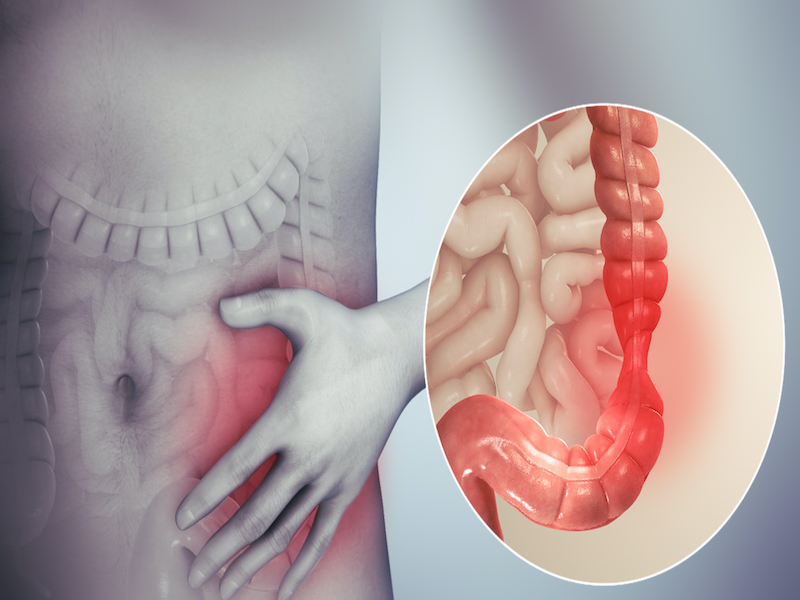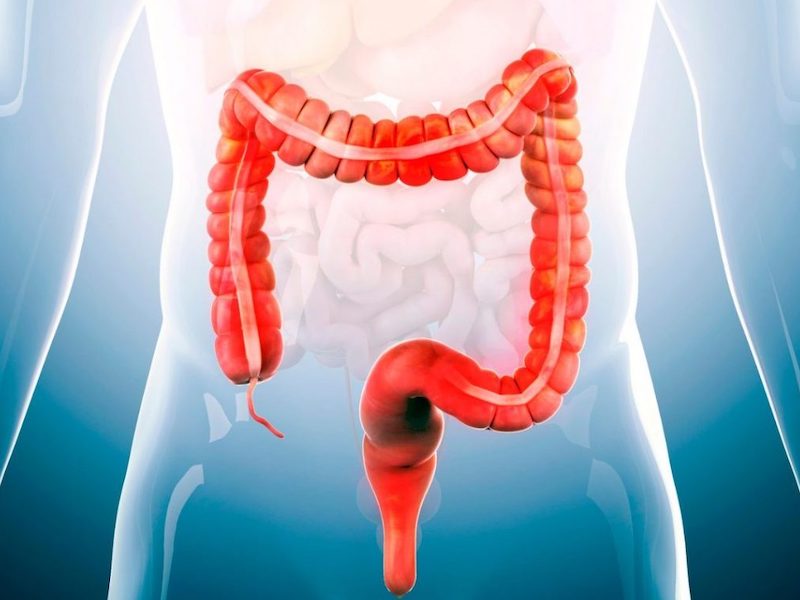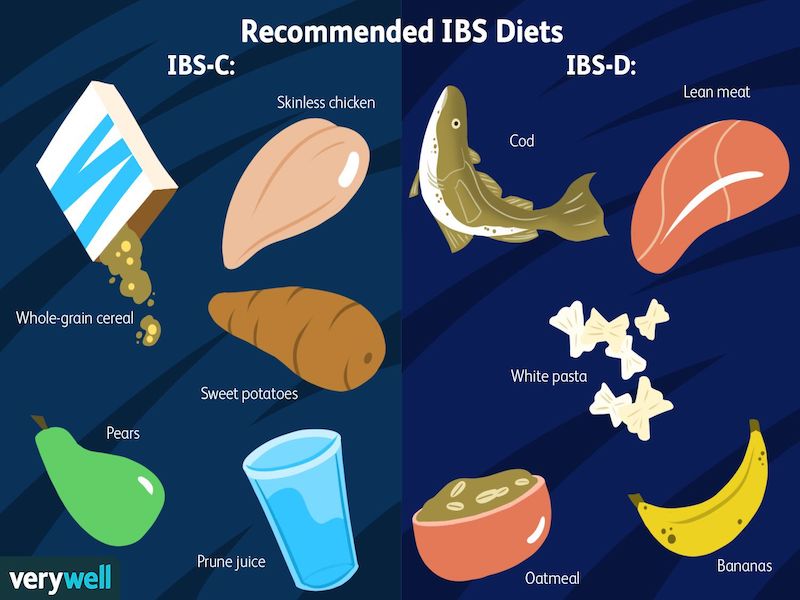
Irritable bowel syndrome self-care
Irritable bowel syndrome (IBS) is a common digestive disorder that causes uncomfortable symptoms such as abdominal pain, bloating, diarrhea, or constipation. Although not life-threatening, IBS can seriously affect your quality of life. However, taking care of yourself properly can help reduce symptoms and improve your gut health.
In this article, Evaworlds will explore effective self-care strategies to manage irritable bowel syndrome, helping you live a healthier and more comfortable life.
Irritable Bowel Syndrome (IBS) Definition
Irritable bowel syndrome (IBS) is a functional disorder of the digestive system, characterized by a group of symptoms that are persistent and have no known cause. The main symptoms of IBS include abdominal pain, bloating, and changes in bowel habits, such as diarrhea, constipation, or both. The syndrome often affects a person’s quality of life and can cause discomfort and anxiety.

The Importance of Self-Care in IBS Treatment
Self-care is an essential part of managing irritable bowel syndrome (IBS) and has a major impact on improving symptoms and quality of life. Here are some important reasons:
Reducing symptoms
Self-care can help control and relieve symptoms of IBS, such as abdominal pain and indigestion. Eating a healthy diet, managing stress, and maintaining a healthy lifestyle can help reduce the frequency and severity of symptoms.
Improve the quality of life
IBS can significantly impact quality of life, reducing the ability to work and participate in social activities. Self-care helps people manage their condition better, which improves their ability to participate in daily activities and improves their quality of life.

Preventing worsening
Self-care helps prevent the condition from getting worse. Adjusting your diet, reducing stress, and adopting healthy habits can help reduce the risk of symptoms getting worse.
Increased self-awareness
When people take the initiative to care for themselves, they can better understand their body and how it responds to different factors. This helps them recognize warning signs early and adjust their treatment promptly.
Complementary to medical treatment
While self-care is not a substitute for medical treatment, it can be an important adjunct. Combining self-care with medical treatment can provide the best treatment results.
In summary, self-care is an important part of managing irritable bowel syndrome. By focusing on diet, stress management, and a healthy lifestyle, people can effectively reduce symptoms and improve their quality of life.
How to self-care for Irritable Bowel Syndrome (IBS)?
Irritable bowel syndrome (IBS) can cause uncomfortable symptoms and affect your quality of life. Here are some self-care tips to help manage and relieve IBS symptoms:
Diet
- High-fiber diet: Increase your intake of fiber-rich foods like vegetables, fruits, and whole grains. Fiber helps improve bowel function and relieve constipation.
- Limit trigger foods: Avoid or limit trigger foods like caffeine, alcohol, fatty foods, and foods containing artificial sweeteners (like sorbitol).
- Diet smaller meals: Eat several small meals throughout the day instead of three large ones to reduce stress on your digestive system.
- Try the Low-FODMAP Diet: Some studies have shown that a low-FODMAP diet can help reduce IBS symptoms. This diet limits carbohydrates that are difficult to digest.

Stress management
- Practice relaxation Techniques: Practice relaxation techniques such as yoga, meditation, or deep breathing to reduce stress, which can increase IBS symptoms.
- Exercise regularly: Gentle exercises such as walking or swimming can help improve digestive function and reduce stress.
- Schedule your daily routine: Make sure to include time for rest during the day to effectively manage stress.
Track your symptoms
- Keep a food diary: Track the foods and beverages you consume and note the symptoms that occur after eating. This can help identify foods that trigger symptoms and adjust your diet.
- Symptom logging: Track symptoms such as abdominal pain, diarrhea, or constipation, and share this information with your doctor to develop an effective treatment plan.
Use natural remedies
- Supplements: Some supplements such as probiotics may support gut health and improve IBS symptoms.
- Herbs: Some herbs such as ginger or peppermint may help reduce abdominal pain and discomfort.
Maintain overall health
- Drink adequately: Drink enough water daily to support digestive function and prevent dehydration.
- Get adequate Sleep: Ensure adequate and quality sleep to maintain overall health.
Consult a doctor
Consult a Specialist: If symptoms do not improve or become more severe, consult a doctor or nutritionist to adjust your treatment and care plan.
Conclusion
Taking care of yourself when you have irritable bowel syndrome (IBS) is a long process that requires patience. By maintaining a healthy diet, managing stress, and building a regular lifestyle, you can improve your quality of life and control your IBS symptoms more effectively.
Listening to your body and making appropriate adjustments will not only help reduce discomfort but also bring comfort and balance to your daily life. Therefore, taking care of yourself properly is an important key to living peacefully with IBS. Follow Evaworlds now.













